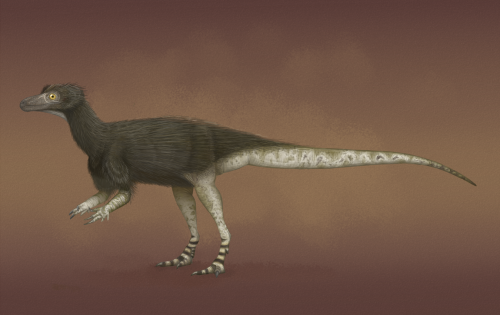As a first, a team of Brazilian researchers managed to fully reconstruct the brain of possibly the oldest dinosaur, if not, one of the oldest, known to mankind.
According to researchers at the Universidade Federal de Santa Maria, the creature unearthed was a Buriolestes schultzi, with its skeleton dated 233 million years old.
The study appeared in the Journal of Anatomy.
From its preserved braincase, the Brazilian research team reconstructed the brain, which generally weighs 1.5 grams, highlighting several brain regions, including its cerebellum, optic lobe, cerebrum, olfactory bulb, and olfactory tract.
The cognitive capability was also measured, with its intelligence valued at a higher rate than that of sauropods, which are much bigger in size.
“The values obtained are higher than that of the giant sauropods, like Diplodocus and Brachiosaurus, suggesting a decrease in encephalization in the lineage,” the co-authors wrote in a press release.
“This is interesting because several other lineages present an increase in the encephalization through time. Nevertheless, the cognitive capability of Buriolestes schultzi is lower than that of theropod dinosaurs, the lineage that includes Tyrannosaurus, Velociraptor, and birds.”
The study was conducted by Rodrigo T. Müller, José D. Ferreira, Flávio A. Pretto, Leonardo Kerber, and Mario Bronzati.


